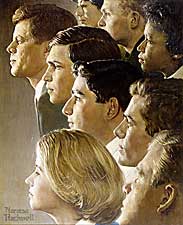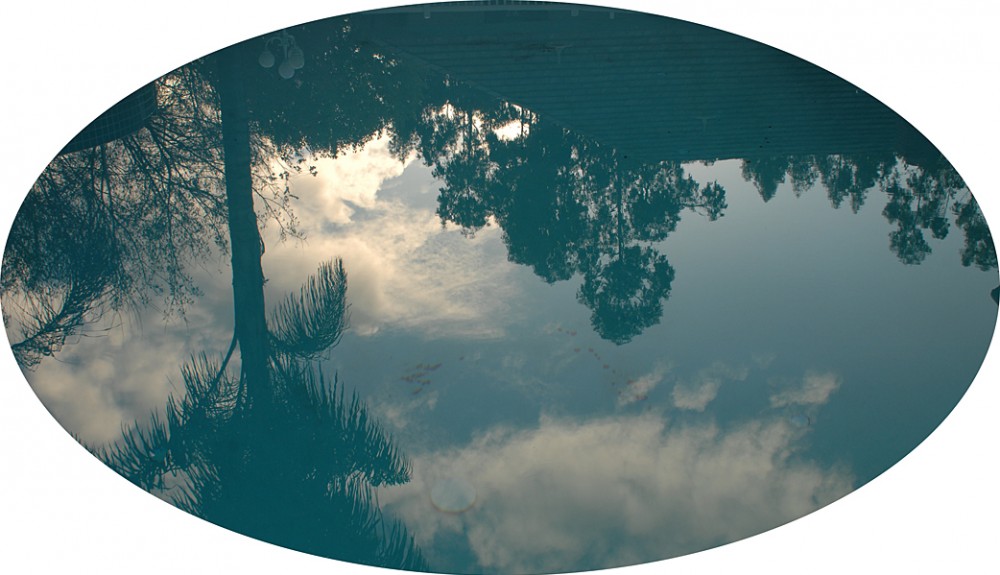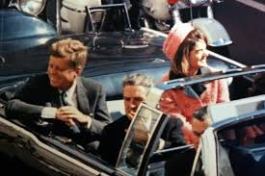Fifty years ago, Am ericans stood as one to mourn the tragic passing of President Kennedy. News coverage was wall-to-wall in an era when there were only three national television networks. From midday on Friday the 22nd through Monday the 25th, the nation collectively mourned. Together. In a time of extreme sadness, we stood united as one people.
ericans stood as one to mourn the tragic passing of President Kennedy. News coverage was wall-to-wall in an era when there were only three national television networks. From midday on Friday the 22nd through Monday the 25th, the nation collectively mourned. Together. In a time of extreme sadness, we stood united as one people.
At the time, comparisons were frequently made with the passing of Abraham Lincoln 98 years before Kennedy. More contemporary parallels were drawn with the funeral observances of President Franklin Roosevelt who had died suddenly, yet peaceably, eighteen years before Kennedy. Unlike JFK’s brief tenure, FDR had been president for more than twelve years, the longest of any president. He had guided Americans through times of the Great Depression and to the brink of total victory in the greatest of all world wars.
Imagine, if you will, the great shock I experienced some years later upon reading that not all Americans mourned the passing of President Roosevelt. I happened upon the memoir of one author who recalled that, as a little girl, she was awakened the evening of FDR’s passing by the sounds of wild revelry in her back yard. Her very Republican parents were hosting a party to celebrate Roosevelt’s passing, symbolically dancing on the president’s grave.
There are happier examples of national unity: the national war effort during World War Two, VE Day (end of the war in Europe), VJ Day (victory over Japan), the first man walking on the moon, and…? Less universal celebrations can be tied to sports victories, political triumphs and even prize awards. But it is tragedy that unites Americans like nothing else.
Natural disasters often elicit national empathy and massive relief efforts (Hurricane Katrina, Superstorm Sandy, Loma Prieta Earthquake). Violent tragedies can create a great upwelling of national sympathy (Challenger explosion, Boston Marathon), but many acts of violence stimulate political backlash from gun nuts with deep pockets (Columbine, Sandy Hook Elementary). The high-water mark of tragedy-cum-unity is clearly 9/11. 
Perfect and universal national unity may be too much to ask for with the current state of political polarity. There is something ironic when none other than Rodney King is so frequently quoted in juxtaposition to the current state of affairs: “Can’t we all just get along?” We need to stand together, we really need to.






